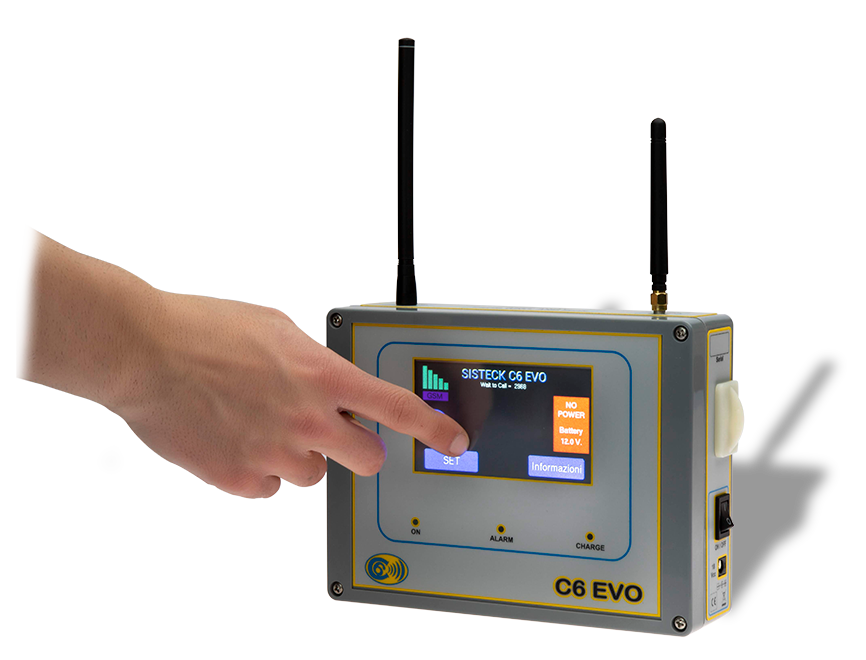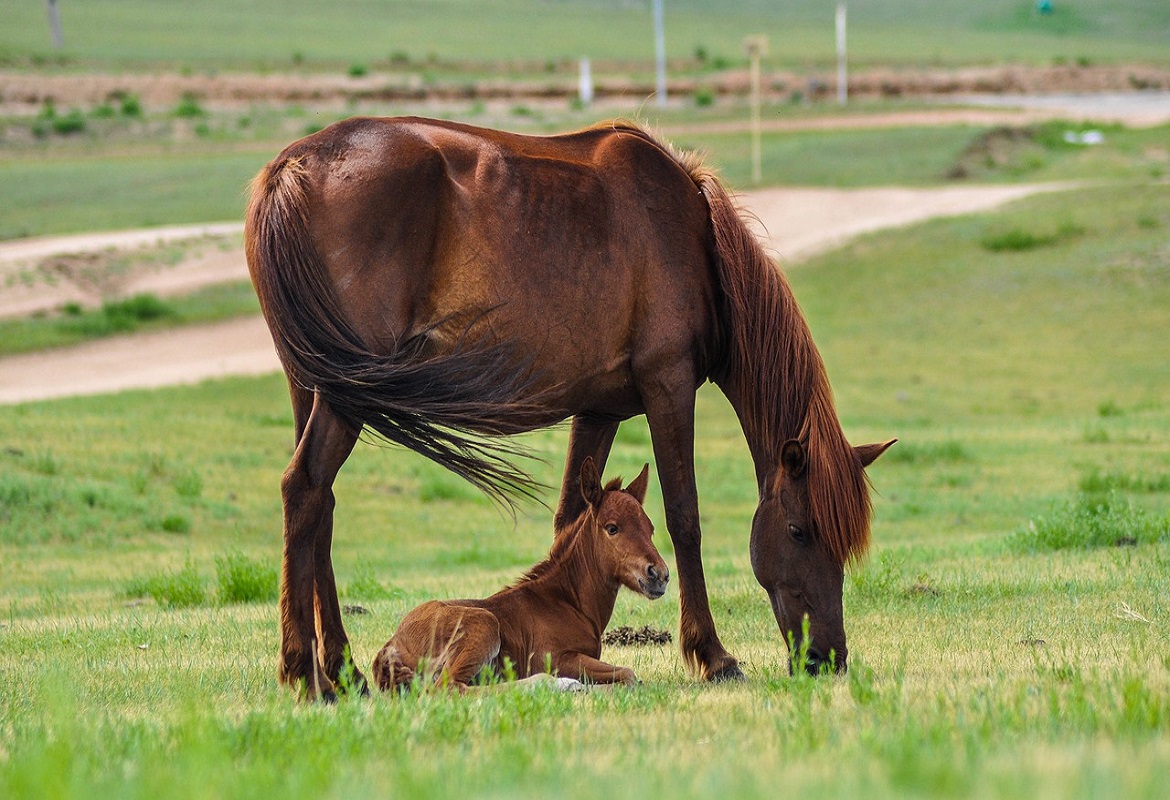HORSES: THE MARE’S NUTRITION
Today we are talking about the mare’s nutrition, which is clearly a crucial element, to know in particular if you want to take care of a horse farm. What should you know about it?
From gestation to feeding the newborn baby
The horses‘ pregnancy can last about 11 months. During this time, it is essential for mares to follow a balanced diet. This will prevent joint pain due to too much weight. It will even prevent negative effects on lactation due to poor nutrition.
Correct nutrition will also help the mare to keep her muscles toned, as well as to meet the foal’s needs to a large extent, both during and after gestation. From all this, it is clear how important it is to feed the mare correctly.
What type of food is suitable for a broodmare?
To get into the specifics right away, it is useful to know the advice of experts in the field. During the first four months, the mare’s diet must be able to encourage the formation of new tissues, but it can still be limited, and therefore be within the norm. From the fifth month onwards, however, the mare’s nutrition will need to be increased, as she will need an additional dose of energy due to the rapid development of the placenta.
The increase in the mare’s energy needs
The demand for energy, in the face of increased demand for bioavailable amino acids from the uterus, placenta and fetus, will increase from the fifth month onwards. In recent months, the baby will tend to grow faster. Therefore, at this stage, it will be essential to feed the bitch foods rich in essential amino acids, which are not self-produced by the body. This will prevent deficiencies and negative effects on fetal growth.
In addition, in the last period, it will be crucial to keep the mare’s diet under control in order to increase her intake of nutrients such as potassium, phosphorus, calcium, magnesium, copper and zinc. These are key elements, as they will allow the mare to arrive at birth in strength and health.
Foods not to be underestimated
During pregnancy and lactation it will be necessary to use good quality hay and cereals. However, it will be necessary to monitor the doses carefully in order to avoid deficiencies as well as excesses. It is useful to stress that an excess of phosphorus can prevent the correct absorption of calcium.
At the same time, it is important to know that vitamin D can help to ensure the right balance of calcium and phosphorus. In any case, it will be advisable to have a vet follow you, who may be able to develop a personalised diet for the mare and her foal.

The foaling of the mare
Thanks to good nutrition, the animal will be able to arrive at birth with a healthy and strong body, and will be able to give birth to an equally healthy and strong foal. To better manage the birth and labour, following the mare at the most opportune moments, you can count on our Foaling Alarm.
With an excellent birthing alarm system and keeping the mare’s nutrition under control throughout the gestation, you will certainly be able to protect both mother and foal in the most correct way.

